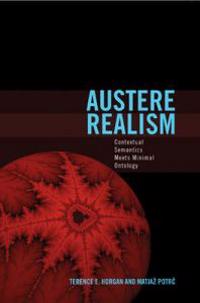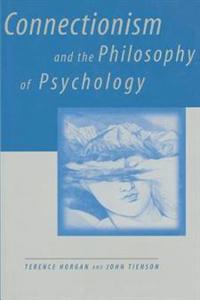Austere Realism: Contextual Semantics Meets Minimal Ontology (Övrig)
avTerence E. Horgan, Matjaz Potrc
ISBN: 9780262083768 - UTGIVEN: 2008-06-03The authors of Austere Realism describe and defend a provocative ontological-cum-semantic position, asserting that the right ontology is minimal or austere, in that it excludes numerous common-sense posits, and that statements employing such posits are nonetheless true, when truth is understood to b[...]
Austere Realism (Häftad)
avTerence E. Horgan, Matjaz Potrc
ISBN: 9780262513333 - UTGIVEN: 2009-09The authors of Austere Realism describe and defend a provocative ontological-cum-semantic position, asserting that the right ontology is minimal or austere, in that it excludes numerous common-sense posits, and that statements employing such posits are nonetheless true, when truth is understood to b[...]
Connectionism and the Philosophy of Psychology (Häftad)
avTerence E. Horgan, John Tienson
ISBN: 9780262519854 - UTGIVEN: 1996-05Human cognition is soft. It is too flexible, too rich, and too open-ended to be captured by hard (precise, exceptionless) rules of the sort that can constitute a computer program. In "Connectionism and the Philosophy of Psychology," Horgan and Tienson articulate and defend a new view of cognition. I[...]





